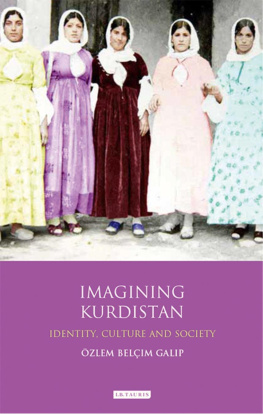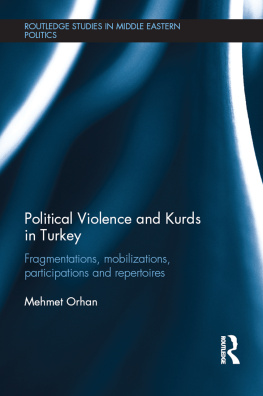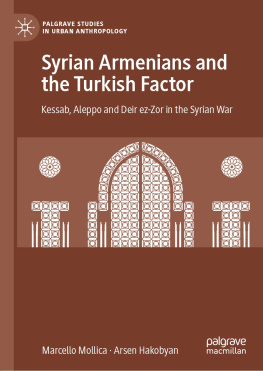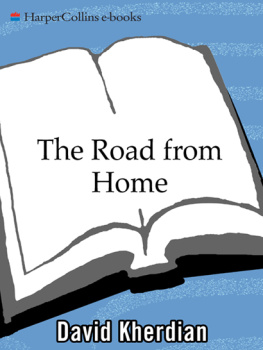David Leupold - Embattled Dreamlands: The Politics of Contesting Armenian, Kurdish and Turkish Memory
Here you can read online David Leupold - Embattled Dreamlands: The Politics of Contesting Armenian, Kurdish and Turkish Memory full text of the book (entire story) in english for free. Download pdf and epub, get meaning, cover and reviews about this ebook. year: 2020, publisher: Routledge, genre: Science. Description of the work, (preface) as well as reviews are available. Best literature library LitArk.com created for fans of good reading and offers a wide selection of genres:
Romance novel
Science fiction
Adventure
Detective
Science
History
Home and family
Prose
Art
Politics
Computer
Non-fiction
Religion
Business
Children
Humor
Choose a favorite category and find really read worthwhile books. Enjoy immersion in the world of imagination, feel the emotions of the characters or learn something new for yourself, make an fascinating discovery.

- Book:Embattled Dreamlands: The Politics of Contesting Armenian, Kurdish and Turkish Memory
- Author:
- Publisher:Routledge
- Genre:
- Year:2020
- Rating:5 / 5
- Favourites:Add to favourites
- Your mark:
Embattled Dreamlands: The Politics of Contesting Armenian, Kurdish and Turkish Memory: summary, description and annotation
We offer to read an annotation, description, summary or preface (depends on what the author of the book "Embattled Dreamlands: The Politics of Contesting Armenian, Kurdish and Turkish Memory" wrote himself). If you haven't found the necessary information about the book — write in the comments, we will try to find it.
Winner of the 2021 annual book award of the Central Eurasian Studies Society (CESS).
David Leupolds exceptional book explores the complex and contested Turkish, Kurdish, and Armenian visions of homeland in the greater Van region of contemporary Turkey. Through a layered analysis of collective violence, constructed national histories, and imagined homelands, Embattled Dreamlands demonstrates how violence and population displacement in the early 1900s produced homeland imaginaries and mutually exclusive interpretations of the past. Based on five years of ethnographic and historical research, Leupolds rich tapestry of Ottoman and Soviet history, imagined geographies, and national narratives makes unique theoretical contributions to studies of collective memory and provides an insightful and impartial assessment of sectarian and national identities. The book invites us to evaluate critically and carefully our past and its impact on our contemporary imagined worlds.
Embattled Dreamlands explores the complex relationship between competing national myths, imagined boundaries and local memories in the threefold-contested geography referred to as Eastern Turkey, Western Armenia or Northern Kurdistan.
Spatially rooted in the shatter zone of the post-Ottoman and post-Soviet space, it sheds light on the multi-layered memory landscape of the Lake Van region in Southeastern Turkey, where collective violence stretches back from the Armenian Genocide to the Kurdish conflict of today. Based on his fieldwork in Turkey and Armenia, the author examines how states work to construct and monopolize collective memory by narrating, silencing, mapping and performing the past, and how these narratives might help to contribute and resolve present-day conflicts.
By looking at how national discourses are constructed and asking hard questions about why nations are imagined as exclusive and hostile to others, Embattled Dreamlands provides a unique insight into the development of national identity which will provide a great resource to students and researchers in sociology and history alike.
David Leupold: author's other books
Who wrote Embattled Dreamlands: The Politics of Contesting Armenian, Kurdish and Turkish Memory? Find out the surname, the name of the author of the book and a list of all author's works by series.






